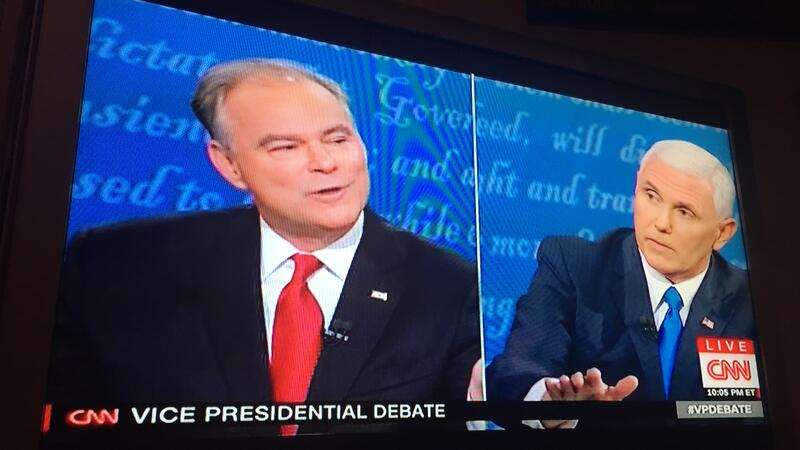Civilians including children are still being harmed by daily cluster munition attacks in Aleppo and other opposition-held areas of Syria one year after Russia began its joint operation together with Syrian government forces. They are also falling victim to explosive remnants left from attacks.
The conflict in Syria came up in the 2016 US vice-presidential debate on October 5 between candidates Virginia Senator Tim Kaine and Indiana Governor Mike Pence. Moderator Elaine Quijano of CBS News said: "I want to turn now to Syria. Two hundred fifty thousand people, 100,000 of them children, are under siege in Aleppo, Syria. Bunker buster bombs, cluster munitions, and incendiary weapons are being dropped on them by Russian and Syrian militaries. Does the U.S. have a responsibility to protect civilians and prevent mass casualties on this scale?"
Governor Pence, who is running together with Republican presidential nominee Donald Trump, said the United States needs to begin to exercise strong leadership to protect civilians in Aleppo. Both Pence and Kaine proposed the establishment of "safe" humanitarian zones for civilians in northern Syria. Neither condemned the use of cluster munitions or incendiary weapons, which Human Rights Watch reported on October 3 are being used in air attacks by the joint operation undertaken by Russia and Syrian government forces.
Neither the Democrats nor the Republicans have indicated if the next president will review the cluster munition policy created under President George W. Bush in June 2008, which requires that the U.S. no longer use cluster munitions that result in more than 1% UXO starting no later than the end of 2018. Until then a "combatant commander" or four-star general must approve any use of cluster munitions that exceed the 1% UXO rate. The Obama administration did not amend the 2008 Department of Defense directive issued by then-Secretary of Defense Robert Gates, which remains in place.
The Cluster Munition Coalition U.S. has called on the Obama Administration to re-examine the U.S. policy on cluster munitions laid out in the policy. In August, the last US manufacturer of cluster munitions Textron announced that it is ending its production of the weapons in a decision welcomed by US members of the Cluster Munition Coalition, including CMC chair Human Rights Watch.
For more information, see:
- Our previous posts from October 2015 and February 2016
